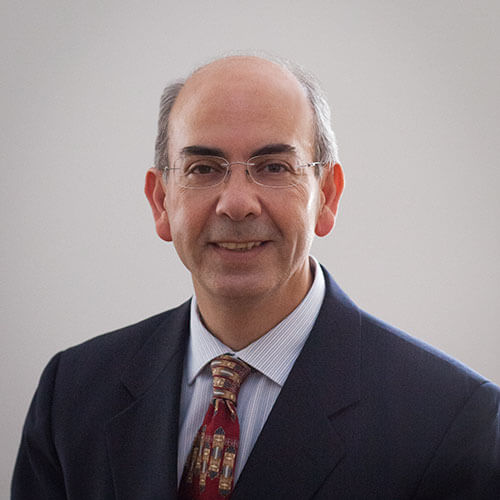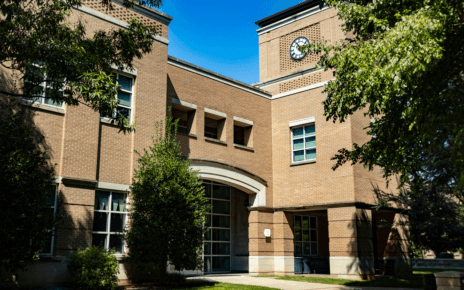Saliba Sarsa, Ph.D., Professor of Political Science, has collaborated with a small international group of researchers who created a confederal framework, titled the Hold Land Confederation (HLC). This framework is based on an analysis of methods that could enable Palestine and Israel to move forward in the peace process.
Sarsar began, “The Palestinian-Israeli conflict has impacted my entire life and the lives of millions for generations. I was born and raised in Jerusalem, and at age 11, I experienced the Six-Day War. Over the years, I developed not only a personal interest, but also a scholarly interest in peacebuilding and in finding best ways to bring about Palestinian-Israeli peace.”
Because of Sarsar’s passion for developing ways of facilitating peace in the Middle East, he was asked to join this group of researchers, Middle East policy analysts, and former peace negotiators, all of whom believe that the Palestinian-Israeli conflict is resolvable. Sarsar continued, “All of us hold that the best solution for Palestinians and Israelis is having two states west of the Jordan River, with clear and agreed upon borders. What would make this outcome possible is a confederal framework,” which they have published as the Holy Land Confederation.
Many at Monmouth’s Political Science Department feel that Sarsar is a great fit for this role. Joseph Patten, Ph.D., noted Sarsar’s background as one of the many factors in his ability to make headway on this global issue. “Born in Jerusalem, Dr. Sarsar knows first-hand the horrors of the Israeli-Palestinian conflict. He has devoted his career earning a global reputation as a leading voice for peace. Through his scholarship, his work with world leaders, and through his discussions with our students, he has been a fierce advocate for treating every human life with dignity and respect,” said Patten.
Sarsar further elaborated on his developed framework. “The Holy Land Confederation considers multiple issues, including territory, security, refugees and permanent residents, Jerusalem, legal matters, economic cooperation, and joint authorities,” he said. “The Holy Land Confederation would allow for greater cooperation between the two states, facilitate movement between them, and make Jerusalem a partially open city, to be extended later, with Yerushalayim the capital of Israel and Al-Quds the capital of Palestine.”
As an American as well as Jerusalem native, Sarsar believes “It is imperative that both Israel and Palestine negotiate in good faith. They and their children and grandchildren deserve better. We—Americans, global citizens—directly or through our civic, political, religious, and financial leaders, among others, can use our voice and touch to inspire positive change and enable Palestinians and Israelis to achieve security, peace, and prosperity in the Holy Land,” said Sarsar.
Kevin Dooley, Professor and Department Chair of Political Science, Ph.D., advocated for Sarsar’s work, emphasizing how much of an asset he is to the University community. “I feel that Dr. Sarsar is one of the most profound scholars at the University. His intellectual prowess serves as a benchmark of academic quality and his commitment to bringing peace to the Middle East is something we can all learn lessons from,” stressed Dooley.




